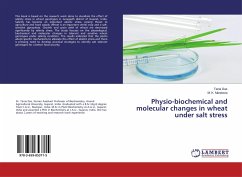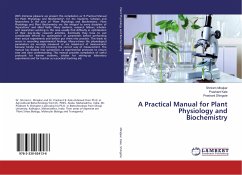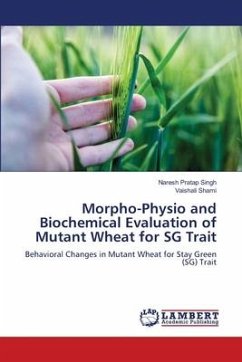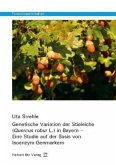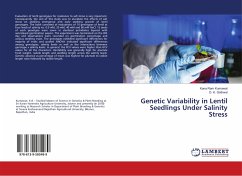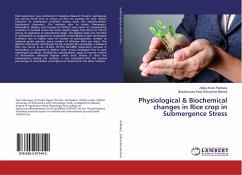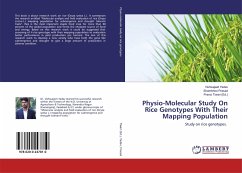This book is based on the research work done to elucidate the effect of salinity stress in wheat genotypes in Junagadh district of Gujarat, India. Salinity has become an important abiotic stress, posing threat to agriculture and food supply. Wheat is an important cereal crop and a salt-sensitive glycophyte. Growth and grain yield of wheat are decreased significantly by salinity stress. The study focuses on the physiological, biochemical and molecular changes in tolerant and sensitive wheat genotypes under salinity condition. The results indicated that the plants adopt specific mechanisms to alleviate the effect of abiotic stress and there is pressing need to develop practical strategies to identify salt tolerant genotypes for a better food security.

